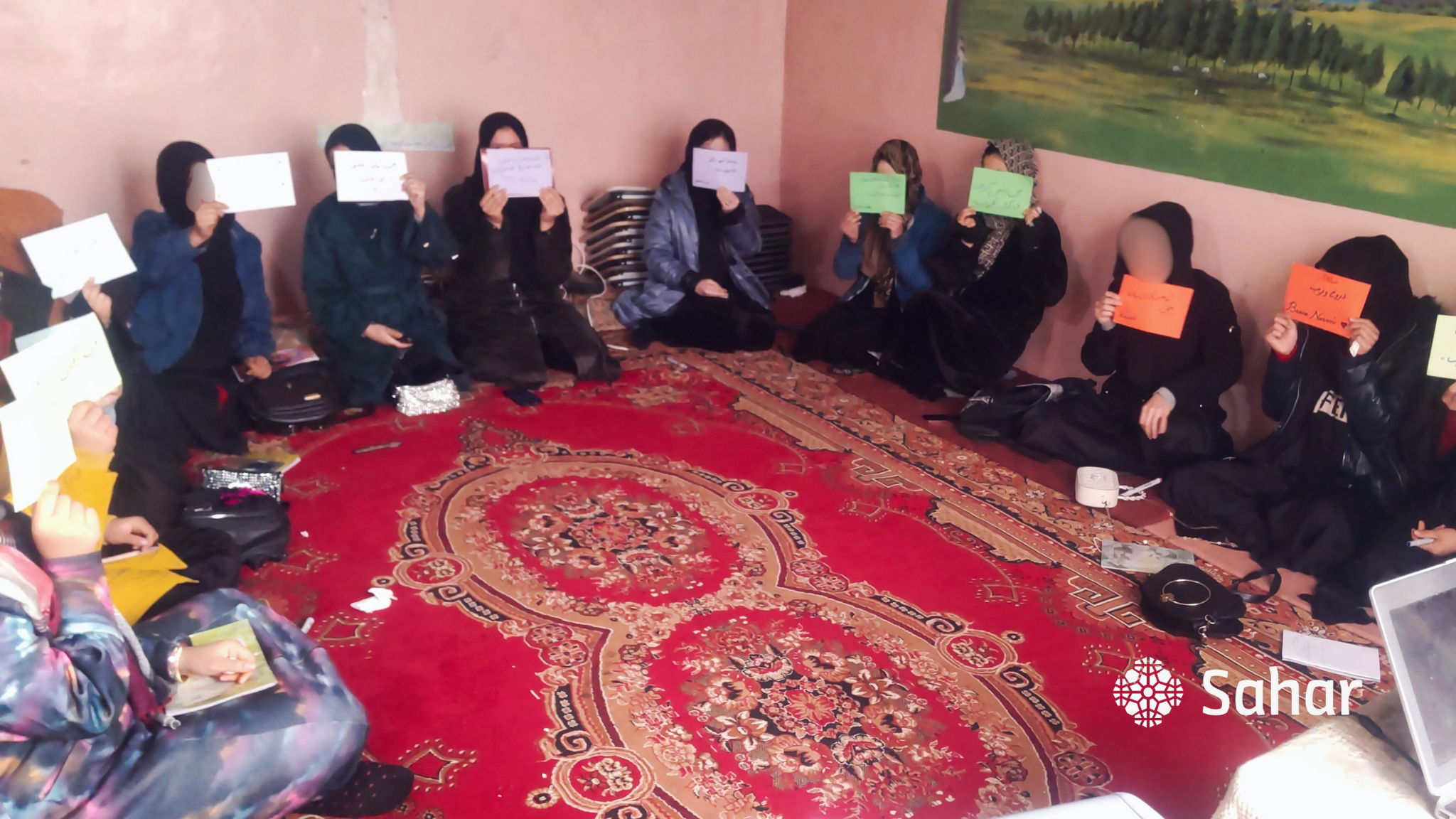
Defying Gender Apartheid: How Sahar Education Empowers Afghan Women
Global WA shared this article on their blog and newsletter as part of the focus on SDG 5, Gender Equality.

Alan Cumming to Host .ORG Impact Awards to Honor “Mission-Driven” Changemakers
Alan Cumming to Host .ORG Impact Awards to Honor “Mission-Driven” Changemakers

Sahar in The Seattle Times
Sadaf, age 18, joined the inaugural round of the Stealth Sisters program in July 2022, only months after the Taliban closed schools for girls in Afghanistan. Joining the program was an act of desperation for Sadaf — restrictions on women mounted by the day.
Innovative, courageous organizations and individuals are ensuring that the Taliban’s announcement didn’t mean the end of girls’ educational opportunities. Washington-based nonprofit Sahar’s programs, such as Stealth Sisters, teach English and computer skills.

Stealth Sisters & Threads of Hope: Sahar Provides Underground Education for Women with Shogofa Amini
When the Taliban returned to power in Afghanistan, it again banned formal education for girls above 6th grade. Sahar is a Seattle-based non-profit that exists to find innovative ways to promote girls' access to education in Afghanistan by partnering with grassroots, locally-based organizations to create educational opportunities and safe learning spaces for girls and women, empowering and inspiring children and their families to build peaceful, thriving communities.

Women and Girls’ Education: Courage and Resilience in the Face of Injustice
Historically, women have long borne the brunt of social, political and economic instabilities, with very little to no control over the situation. However, to be “officially” banned from a right as basic as getting an education might be unfamiliar to many. Afghanistan is the only country in the world where women are banned from getting an education, for the second time now. What is known of Afghan women are mostly from the post 9/11 narratives, none of which fully represent the gains and the losses that Afghan women have had to go through. From being able to vote in 1919, to gaining the right to equal political and social participation in the 1960s, to a total loss of right to education, employment, and participation in the social and political spheres as a result of the political unrests in the 80s and 90s.
